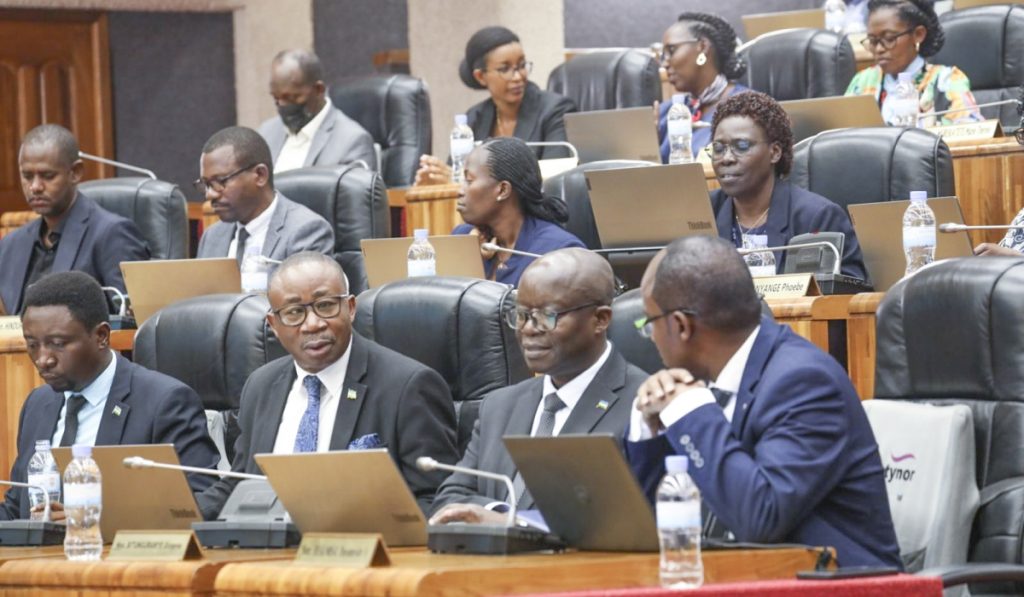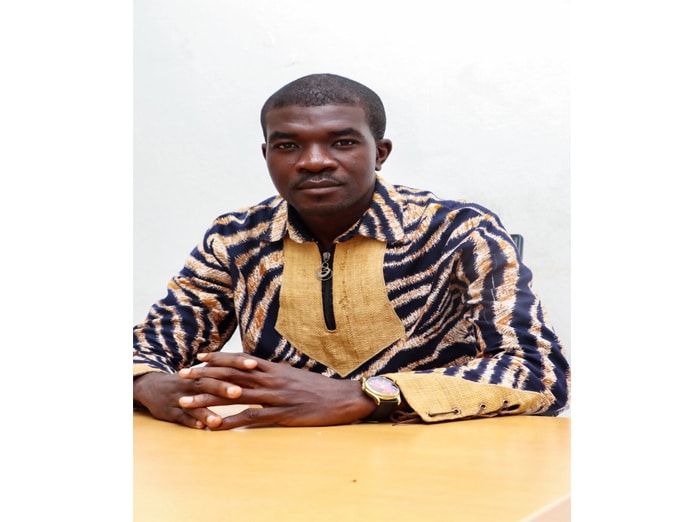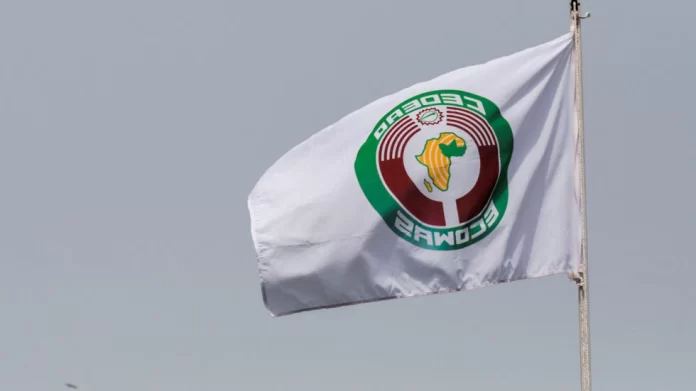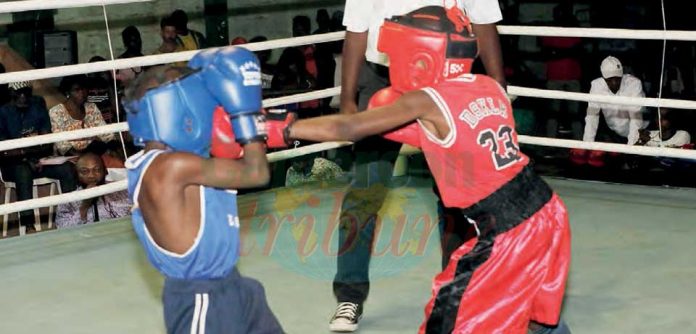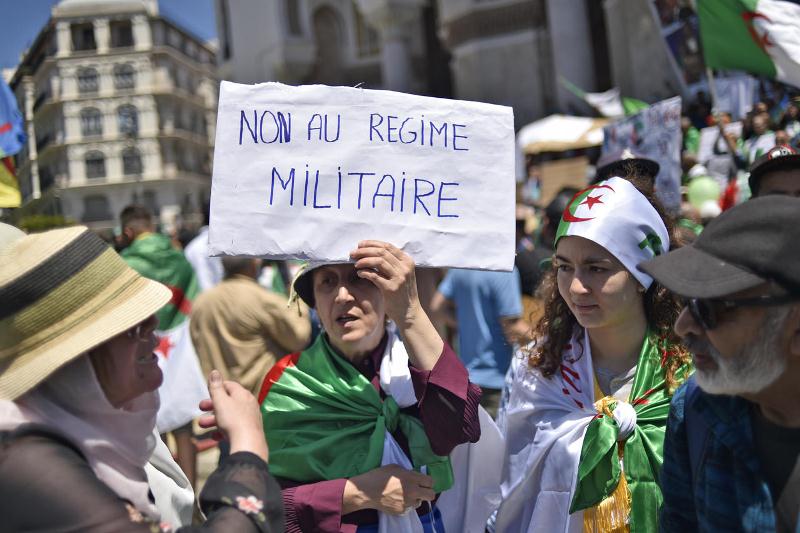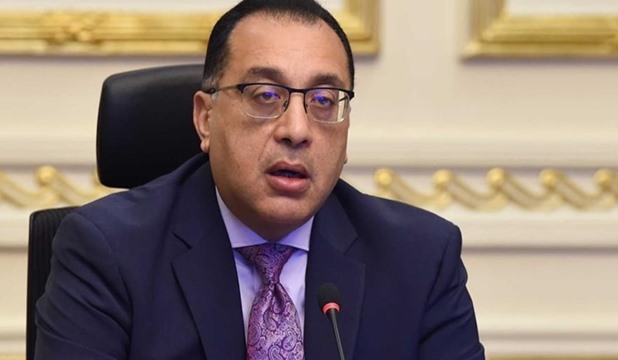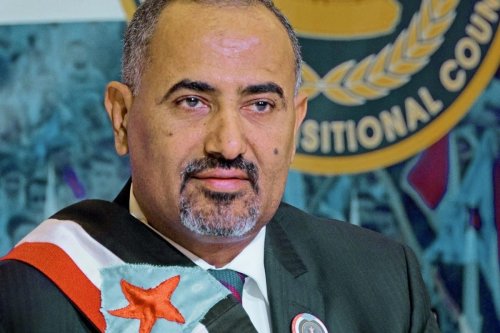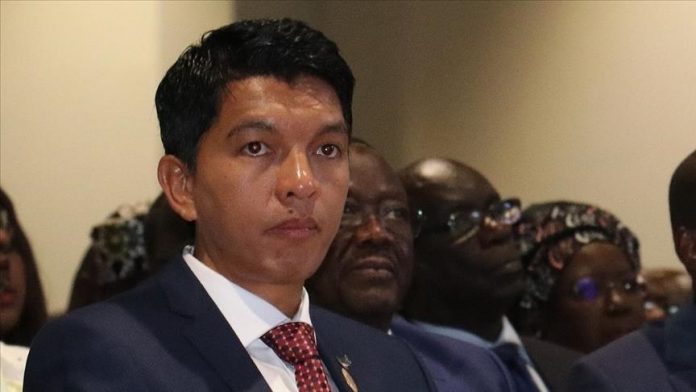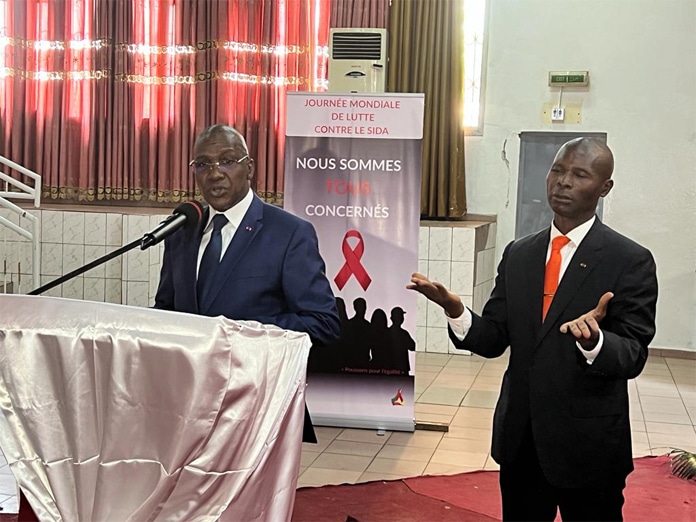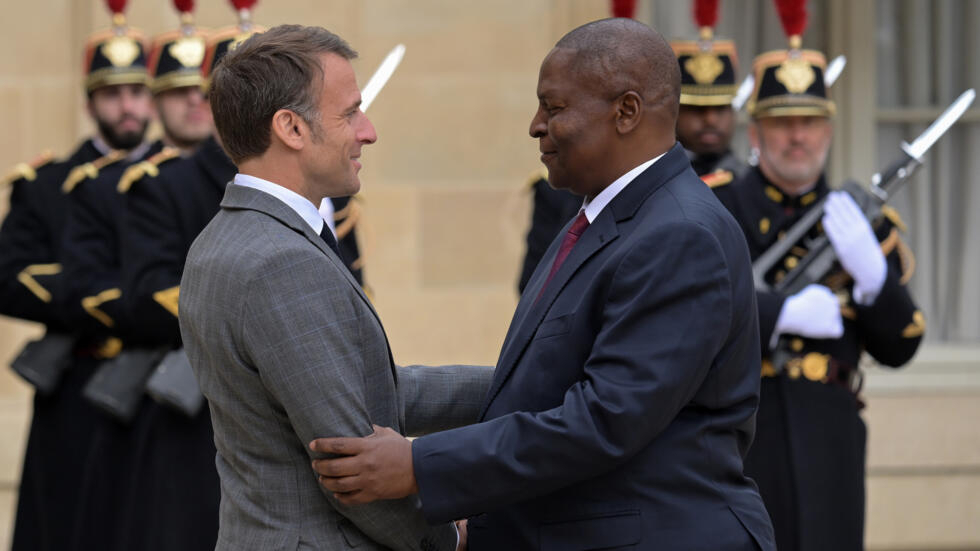During a recent plenary session, Rwandan members of Parliament blamed the ongoing DR Congo crisis to failure to address unresolved historical grievances. According to a report from an ad hoc investigation, the integration of the FDLR, linked to the 1994 genocide into the Congolese, army and accusing Rwanda have resulted in a diplomatic rift between both nations.
According to the Rwandan Parliament, the presence in eastern DR Congo of the Democratic Front for the Liberation of Rwanda (FDLR), a UN-sanctioned group linked to the 1994 Genocide against the Tutsi in Rwanda, has unresolved historical grievances and blaming Rwanda for the M23 rebellion have led to diplomatic rift between the two countries.
The parliament announced on Wednesday, June 5, after an ad hoc committee investigation on the role of colonial legacy in conflicts in the Great Lakes Region and its impact on DR Congo-Rwanda tensions presented its findings to a Plenary Session.
As per the report, unveiled by the committee deputy chairperson by MP Alice Muzana, the Congolese government has ignored grievances about the unresolved citizenship of Kinyarwanda-speaking communities and the resulting persecution of the Tutsi in the east of country, which led to influx of refugees in the region.
MP Muzana highlighted that in 1994, the Congolese government received the armed members of the former Rwandan army (Ex-FAR) and the Interahamwe militia, who had committed the Genocide against the Tutsi in Rwanda and allowed them to operate and mobilize near the Rwandan border, contrary to international conventions on refugees.
“They were allowed to launch attacks on Rwanda and that led to the creation of armed groups like the FDLR,” said Muzana, adding that the genocidal militia and its splinter groups have since posed a security threat not only to Rwanda but also to the region and DR Congo itself.
She added further that various administrations in Congo have used the Interahamwe and Ex-FAR as combatants, starting from Mobutu [Sese Seko] and the subsequent governments.
The FDLR is part of a coalition led by the Congolese army (FARDC) which is fighting the M23 rebels in North Kivu province. In a recent report, UN Groups of Experts on DR Congo said the Congolese army continues to provide ammunition to the FDLR and uses the group as a proxy.
The ad hoc committee found that the Congolese government continues to blame Rwanda for its insecurity, uses FDLR and genocidal groups as well as troops from Burundi and other countries to drive its proclaimed regime change in Rwanda, Muzana said.
The MP said that historical grievances and the persecution of the Tutsi and Banyamulenge communities in eastern DR Congo have led to the creation of self-defense armed groups such as the M23 and its predecessor CNDP calling on incidents of hate speech and others to stop.
Currently, Rwanda hosts more than 100,000 Congolese citizens, some of whom have lived in camps for nearly three decades.


